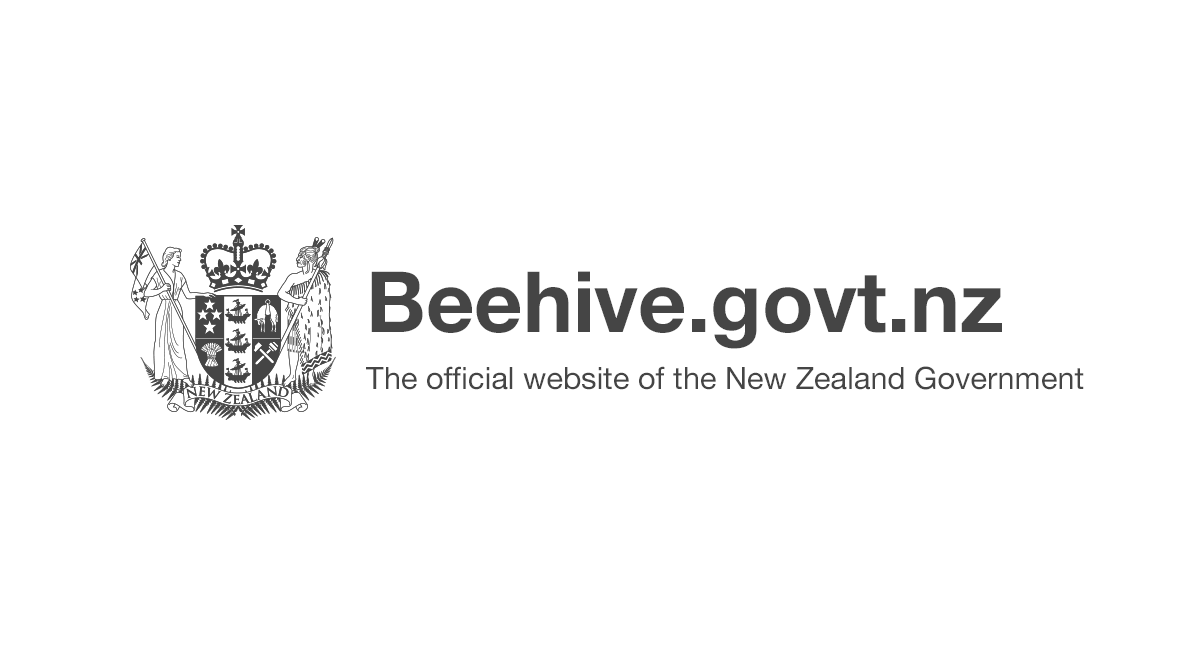
Health Minister Dr Shane Reti says Iwi Māori Partnership Boards have taken a major step as part of the Government’s commitment to the health of Māori communities.
Minister Reti has now received 15 IMPB community health plans, representing the vision and plans of the boards for health and wellbeing in communities throughout New Zealand.
“Receiving these plans is a hugely significant milestone in implementing my long-term vision for Māori health,” says Dr Reti.
“Having all 15 recognised IMPBs on board with their planning marks a pivotal step in ensuring health services identify and act on the actual needs and priorities of Māori communities.
“Development of the plans not only underscores the professionalism of the IMPBs in delivering them, but the content will also align and inform around key Government health targets, and in ensuring a Māori voice is heard in health.
“These are localised rather than bureaucratised plans, providing crucial insights into health priorities for actual populations. From here, they will also ensure local voices are heard and integrated into our broader health strategy
“These plans are not just documents. they are living frameworks to guide our efforts to better address specific health challenges faced by Māori communities.
“Their prioritisation of local needs means agencies can take meaningful steps towards reducing actual health inequities. Through engagement with local whānau, IMPBs have been able to identify specific priorities and actions in addition to the Government’s overarching health targets.
“Examples of these priorities include access to oral health care, suicide prevention and growing the Māori health workforce.
“The Ministry of Health – Manatū Hauora, Health New Zealand – Te Whatu Ora and Iwi Māori Partnership Boards will now work cohesively to finalise the plans, support the relevant IMPBs, and begin implementation over the next three to five years.
“The plans will become the base for IMPBs being able to act on their strategic commissioning role, however it remains important to recognise that each IMPB is currently at a different level of capacity for delivery.
“This year’s 2024/25 budget increase of an additional $40 million per annum through Health NZ will contribute to addressing hauora Māori provider inflation pressures and continued service provision to Māori communities.
“I look forward to the positive impact these plans will have on the health priorities of Māori communities and the ongoing collaboration with all stakeholders to achieve our shared goals,” Dr Reti says.
Once finalised, the Community Health Plans will be published on the IMPB and Health New Zealand websites.